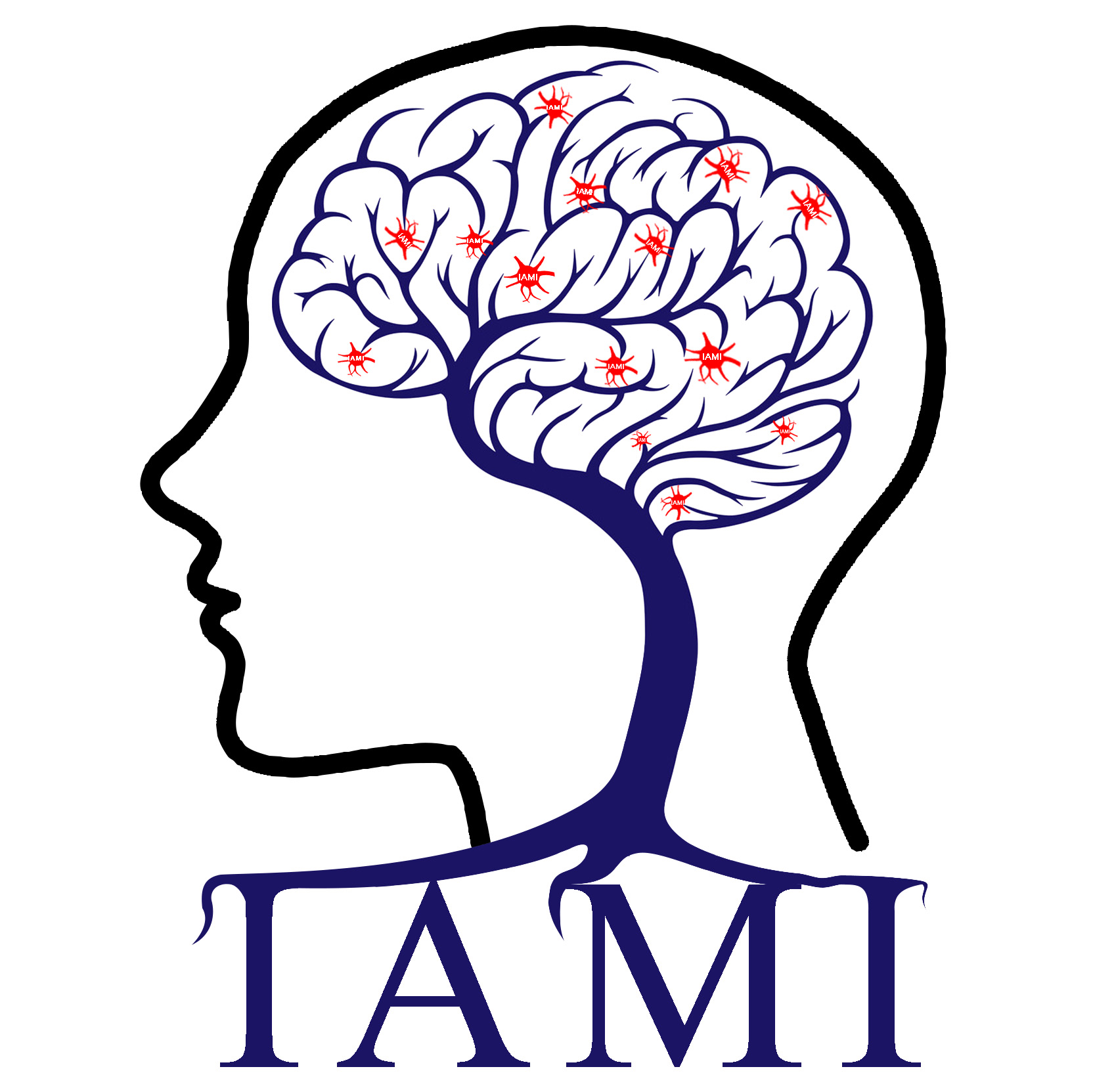
Yuhui Du Personal Website-Intelligent Analysis of Medical Image
Address:Taiyuan, China
Di Jiang, Yuhui Du, Hewei Cheng, Tianzi Jiang, and Yong Fan*. Groupwise spatial normalization of fMRI data based on multi-range functional connectivity patterns. NeuroImage, 2013, 82: 355-372.
时间:2019-06-12 16:32:46 来源: 点击:[614]
Abstract
Spatial alignment of functional magnetic resonance images (fMRI) of different subjects is a necessary precursor to improve functional consistency across subjects for group analysis in fMRI studies. Traditional structural MRI (sMRI) based registration methods cannot achieve accurate inter-subject functional consistency in that functional units are not necessarily located relative to anatomical structuresconsistently due to functional variability across subjects. Although spatial smoothing commonly used in fMRI data preprocessing can reduce the inter-subject functional variability, it may blur the functional signals and thus lose the fine-grained information. To overcome the limitations of exiting techniques, in this paper, we propose a novel method for spatial normalization of fMRI data by matching their multi-range functional connectivity patterns progressively. In particular, the image registration of different subjects is achieved by maximizing inter-subject similarity of their functional images' local functional connectivity patterns that characterize functional connectivity information for each voxel of the images to its spatial neighbors. The neighborhood size for computing the local functional connectivity patterns is gradually increased with the progression of image registration to capture the functional connectivity information in larger ranges. We also adopt the congealing groupwise image registration strategy to simultaneously warp a group of subjects to an unbiased template. Experimental comparisons between the proposed method and other fMRI image registration methods have demonstrated that the proposed method could achieve superior registration performance for resting state fMRI data. Experiment results based on real resting-state fMRI data have further demonstrated that the proposed fMRI registration method can achieve a statistically significant improvement in functional consistency across subjects.

 Current location:
Current location: